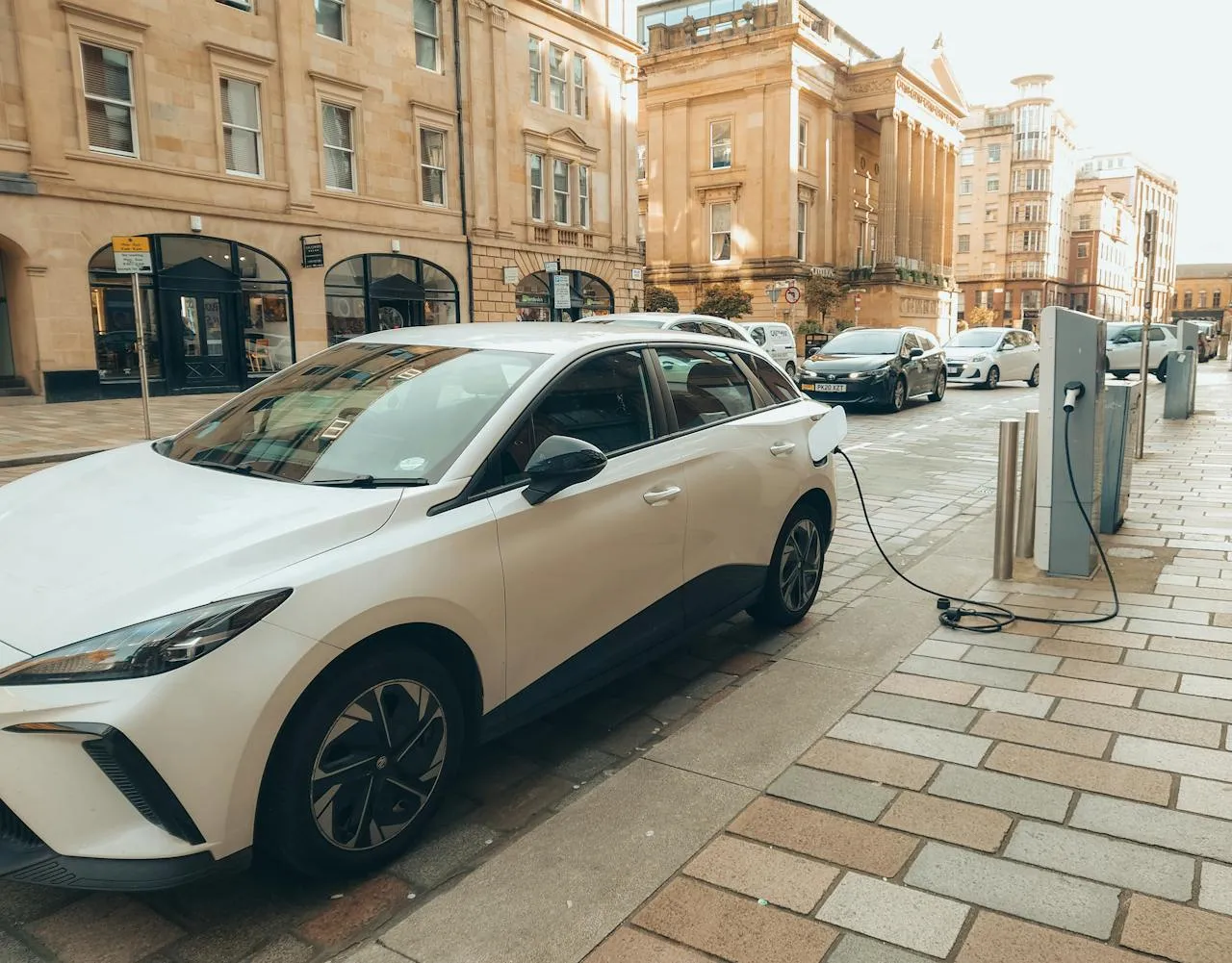
Are Companies Ready to Issue EVs and Chargers to Employees?
The electric vehicle (EV) transition is no longer a distant ambition — it is unfolding rapidly across corporate America. According to The Futurum Group’s 2025 Fleet Electrification Index, which surveyed 165 large U.S. enterprises with revenues above $100 million, most organizations remain committed to electrification and are actively advancing their plans. The study shows that even among companies that have not yet adopted EVs, 61% are already preparing to integrate them into their operations.
This shift means that if you drive a company vehicle — or expect to soon — chances are you may be behind the wheel of an EV in the near future.
Why Fleets Are Going Electric
Data from the U.S. Department of Energy underscores the advantages of electrifying fleets. Unlike internal combustion engine (ICE) vehicles, EVs eliminate fuel expenses and significantly reduce maintenance needs. No oil changes, fewer moving parts, and the absence of complex transmissions translate into lower downtime and reduced operating costs.
Ecolab, a global leader in water, hygiene, and infection prevention solutions, is a prime example of a company embracing this shift. In partnership with Ford Pro, Ecolab is electrifying its fleet with over 500 Ford F-150® Lightning® Pro trucks and Mustang® Mach-E® SUVs. These vehicles play a central role in Ecolab’s sustainability strategy while also lowering operating expenses. For instance, the company estimates savings of around $1,400 annually on fuel costs for each F-150 Lightning Pro truck compared with gas-powered alternatives.
Charging: The Critical Piece of the Puzzle
Fleet electrification, however, involves more than simply purchasing EVs. A smooth and cost-effective transition depends heavily on charging infrastructure. Companies increasingly recognize that comprehensive charging strategies — including installation, monitoring, and reimbursement systems — are essential for maximizing benefits.
For individual EV owners in the U.S., home charging has been the backbone of adoption, with about 80% charging at home. Nearly 90% of potential buyers say access to home charging would make them more likely to purchase an EV. In commercial fleet settings, employees who can charge their company vehicles at home enjoy similar convenience, and businesses reap significant efficiency gains.
When Ecolab rolled out its EV fleet in California, the company developed training and policies to prepare employees for at-home charging. By installing over 400 Level 2 Ford Pro chargers at employee residences, Ecolab gave drivers the ability to start each day with a fully charged vehicle, improving both productivity and customer service. Encouraged by this success, the company plans to expand its home charging program to 37 states, adding up to 500 more chargers by 2025.
“The importance of home charging for electric vehicles cannot be overstated — it allows for both cost savings and operational efficiency,” explained Mike Hauge, Senior Manager of Fleet Operations at Ecolab. “By setting up clear policies before vehicle delivery, we helped associates understand the benefits of EVs and empowered them to take ownership of their charging habits.”
The Policy Gap: EVs vs. Other Company Devices
Despite these advantages, many enterprises still lag in creating policies to manage company-issued EVs and charging infrastructure. Unlike laptops or smartphones, which are governed by well-established rules, EVs present a new frontier. The Futurum Group found that 40% of surveyed enterprises have no formal policies on employee use of company EVs, such as whether vehicles can be taken home. Even more concerning, 41% lack policies for managing charging at home or in the workplace.
Only about 5% of organizations reported having comprehensive and up-to-date EV policies. Without such frameworks, confusion around home charging reimbursements, workplace charger access, and liability risks may hinder adoption.
Home Charging as a Practical Solution
Interestingly, more than half of enterprise leaders surveyed view residential charging as the simplest way to accelerate adoption. Carly Dobbins-Bucklad, Senior Manager of Strategy and Infrastructure at Ford Pro Charging, highlighted why:
“Filling up at home with electricity can be a significant efficiency boost to your workday compared to stopping at a gas station. But because this relies on the driver’s personal electricity, fleets need clear policies and technology to track and reimburse the energy used for business.”
Some companies resist home charging, with about one-third preventing employees from taking vehicles home due to perceived complexities. Yet, this often proves counterproductive. For example, businesses waiting for depot charging stations have faced delays of up to two years due to utility upgrades. In response, Ford Pro has helped organizations pivot by identifying drivers for residential chargers and setting up smaller regional depots. This hybrid approach has saved both time and money while speeding up fleet deployment.
Today, roughly a quarter of organizations are moving forward with home charging support, covering installation costs, providing hardware, or reimbursing electricity. These steps indicate growing confidence and recognition that electrification requires more than just new vehicles




